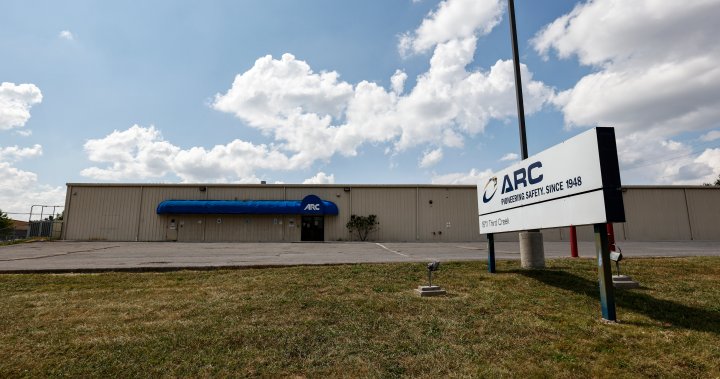U.S. auto safety regulators have backed away from calling for a giant recall of nearly 50 million airbag inflators and will conduct a deeper investigation after the auto industry questioned whether all the inflators were defective.
Wednesday’s decision by the National Highway Traffic Safety Administration is significantly different from a decision the agency reiterated in January that inflators made by ARC Automotive Inc. of Tennessee are defective, unsafe and should be recalled.
The agency said inflators in about 49 million vehicles from 13 manufacturers were at risk of exploding and spraying shrapnel at drivers and passengers. They are responsible for at least seven injuries and two deaths in the United States and Canada since 2009.
But in a document published Wednesday in the Federal Register and dated Dec. 13, the agency said it considered comments on a January decision seeking the recall. The automotive industry has highlighted the technical and engineering differences between vehicle ARC inflators made by different manufacturers. The comments also raised variations in manufacturing processes at the different factories that manufactured ARC inflators.
“Given the potential relevance of these issues to agency decision-making, including the appropriate scope of any recall, further investigation is warranted,” the agency said in the document.

Get the latest national news
For news impacting Canada and around the world, sign up to receive breaking news alerts sent directly to you as they happen.
A message was left Wednesday seeking comment from ARC, which is owned by China’s Yinyi Group.
NHTSA said Wednesday it carefully reviewed feedback on its decision to call for a recall of all inflators and decided further investigation was warranted.
The agency said it will send more letters requesting information to the ARC, automakers and airbag module makers in the coming weeks.
In an additional ruling in January, NHTSA said seven of the inflators exploded in the field in the United States, each showing evidence of insufficient welds or too high pressure in a canister designed to contain the explosion and fill airbags in the event of an accident.
Additionally, the agency said 23 inflators ruptured during testing for causes common to inflators exploding in the field. Additionally, four inflators ruptured outside the United States, killing at least one person, the agency said.
“Certainly, the overwhelming majority of affected inflators will not rupture during deployment,” the NHSTA wrote in January. “However, based on the evidence linking past ruptures to the same friction welding process, all affected inflators are at risk of rupture.”
But several automakers argued in public comments that years of investigations by NHTSA had not established a systemic design defect. Some said none of the millions of inflators in their vehicles had ruptured due to the cause the agency reported.
NHTSA had said the only way to know which of the ARC-designed inflators would explode was to deploy them in the event of an accident. Federal motor vehicle safety law “does not permit such a defect to go unaddressed,” the agency said.
© 2024 The Canadian Press





